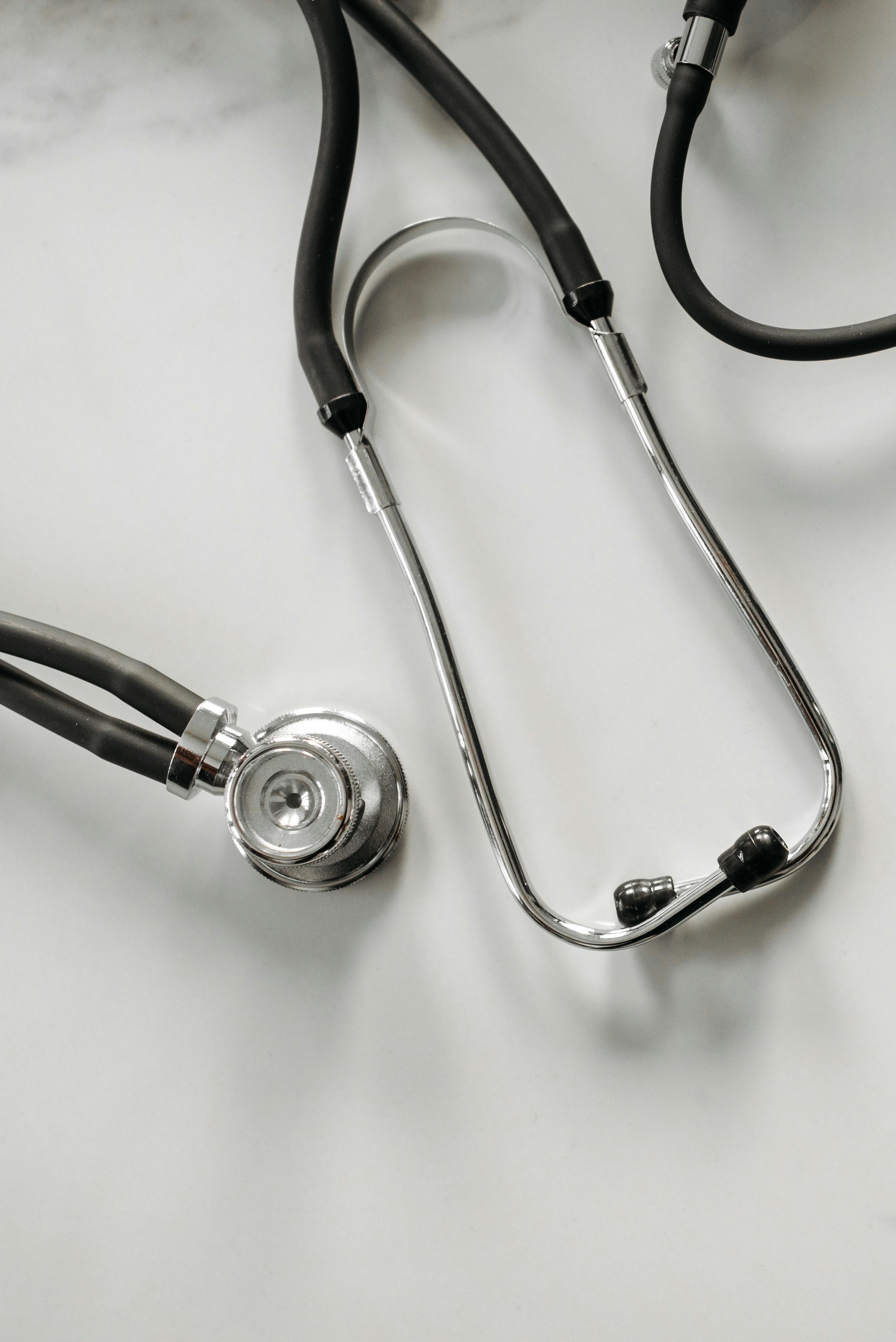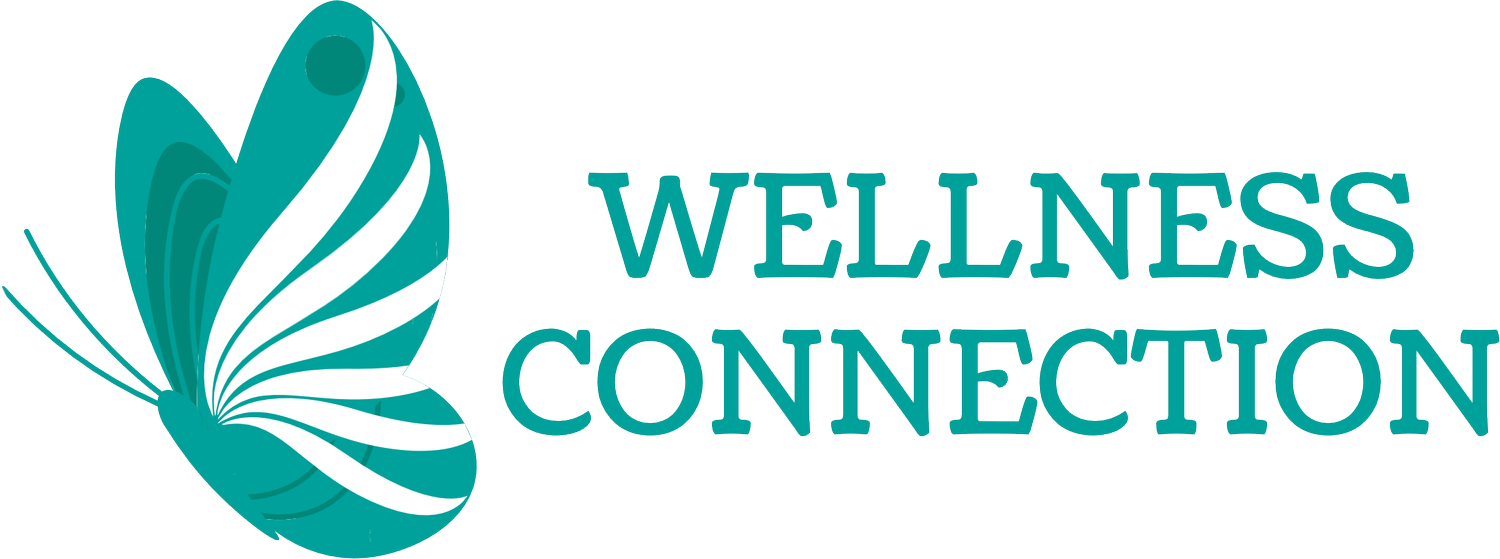
At Wellness Connection we are deeply committed to facilitating healthcare providers in leveraging technology for remote patient monitoring with the goal of improving patient health outcomes, increasing the efficiency of patient care, and providing a holistic wellness journey.
Our Solutions
We help you to keep your patients motivated and committed to their health program
Remote Patient Monitoring(RPM)
Remote Patient Monitoring (RPM) is an innovative healthcare solution that allows patients to track and share their vital health data with healthcare providers from the comfort of their homes. Through connected devices like blood pressure monitors, glucose meters, or pulse oximeters, RPM enables continuous monitoring of key health metrics in real time.
Benefits of RPM
Continuous Monitoring
RPM devices capture and transmit critical data such as heart rate, blood pressure, glucose levels, and oxygen saturation, ensuring real-time feedback for timely interventions.Early Detection of Health Issues
By monitoring daily changes, healthcare providers can detect potential issues early, reducing the risk of complications or hospitalizations.Convenience for Patients
RPM minimizes the need for frequent in-person visits, allowing patients to manage chronic conditions more efficiently from home.Improved Healthcare Outcomes
Timely adjustments to treatment plans, based on real-time data, lead to better health outcomes and enhanced patient satisfaction.Cost-Effective Care
RPM can reduce healthcare costs by preventing unnecessary hospital admissions and emergency room visits.
Remote Therapeutic Management (RTM)
Remote Therapeutic Management (RTM) is a healthcare solution that focuses on managing patient treatments and therapeutic outcomes remotely. RTM uses digital tools and connected devices to track the use of medications, therapies, and other prescribed interventions, ensuring patients adhere to their treatment plans.
Benefits of RTM
Treatment Adherence Tracking
RTM monitors patient compliance with prescribed treatments, including medication intake and therapeutic exercises, ensuring patients follow their healthcare plans effectively.Real-Time Feedback
Data collected from RTM devices provide healthcare providers with real-time insights into patient progress, enabling timely adjustments to treatment plans for optimal outcomes.
Improved Patient Engagement
RTM fosters better communication between patients and providers by encouraging patients to take a proactive role in their care, leading to greater engagement and accountability.Personalized Care Plans
With constant tracking and reporting, RTM enables healthcare providers to create tailored interventions based on the individual needs of patients, improving recovery and treatment success.Reduced Healthcare Costs
By helping patients adhere to treatment protocols, RTM can reduce hospital readmissions and complications, leading to more cost-effective care.
Chronic Care Management (CCM)
Chronic Care Management (CCM) is a healthcare service designed to provide continuous support for patients with chronic conditions. It offers coordinated care outside of regular doctor visits, focusing on long-term health management through personalized care plans and ongoing communication with healthcare providers.
Benefits of CCM
Comprehensive Care Coordination
CCM ensures that all aspects of a patient’s health—medications, therapies, and specialist care—are well-coordinated by a dedicated healthcare team, improving overall management of chronic conditions.Personalized Care Plans
Each patient receives an individualized care plan tailored to their unique needs, including medication management, lifestyle recommendations, and preventive care strategies.Proactive Monitoring
Regular check-ins and monitoring help identify potential health concerns early, enabling timely interventions that can prevent complications and hospitalizations.Improved Health Outcomes
Through continuous management and close communication with providers, CCM helps patients achieve better control over chronic conditions, leading to improved quality of life.
Collaborative Care Model (CoCM)
Collaborative Care Model (CoCM) is an integrated healthcare model designed to manage mental and behavioral health conditions alongside physical health concerns. It brings together primary care providers, mental health specialists, and care managers to deliver coordinated, team-based care for patients with conditions such as depression, or substance use disorders.
Benefits of CoCM
Integrated Care Team
CoCM connects primary care providers with mental health professionals (psychiatrists, therapists) and care managers, ensuring a comprehensive approach to both physical and mental health.Regular Monitoring & Follow-Up
Patients receive regular assessments to track their mental health progress and adjust treatment plans based on real-time feedback, improving long-term outcomes.Personalized Treatment Plans
CoCM develops individualized care plans that address both mental and physical health needs, leading to more holistic care for patients managing multiple conditions.Timely Interventions
Through continuous monitoring and communication, CoCM facilitates early identification of mental health concerns, allowing for quick intervention and adjustment to treatment plans.Improved Patient Outcomes
CoCM helps improve both mental health and overall well-being by offering integrated care, reducing hospitalizations, and enhancing treatment adherence.





